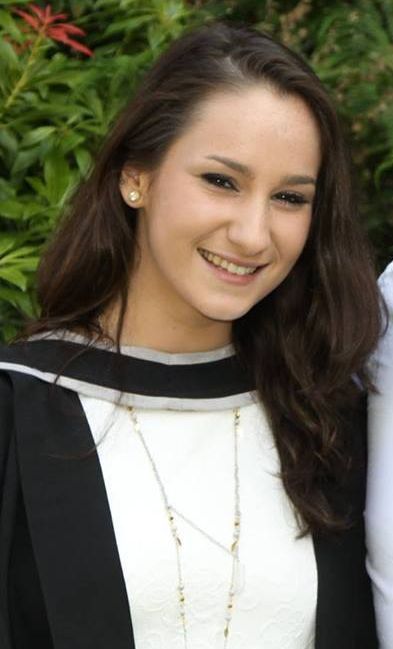Fragile X
RESEARCH STUDY: Understanding anxiety and negative emotions in fragile X syndrome
Researchers at the Cerebra Centre for Neurodevelopmental Disorders (CCND), King’s College London and the University of Sydney have launched a new research project, headed by Professor Chris Oliver and Professor Patricia Howlin, to explore emotional difficulties and anxiety in males and females with fragile X syndrome.
Why is this research important?
Anxiety is a significant and persistent difficulty for many individuals with fragile X syndrome, with rates estimated to be as high as 80%.
It is well known that there is individual variation in the presence and severity of anxiety in the typically-developing population. Therefore, it is likely that there are environmental or individual variables which act to influence anxiety development and maintenance in neurodevelopmental disorders. Examining a range of variables which may be associated with anxiety will provide a better understanding of the anxiety profile in fragile X syndrome, and may highlight potential risk/protective factors.
The Study
The aim of the study is to collect information about anxiety and individual/environmental variables which may act as risk factors or correlates of anxiety. This includes variables such as quality of life, sensory processing, self-help skills, general health, emotions and behaviour.
The study can be accessed via an email/URL link and can be completed online. It can be completed by parents/carers of individuals with fragile X syndrome who are aged 12 and over. The survey takes approximately 45 minutes to complete.

Why this age group? The majority of anxiety research in neurodevelopmental disorders tends to focus on children, and adults have been significantly underrepresented in the existing literature. Therefore, this project primarily aims to focus on anxiety in adults (aged 18+). However, since it has already been established that anxiety is a predominant issue for children with fragile X syndrome, it will be interesting to examine whether there are changes in the forms and presentation of anxiety during the progression from childhood to adulthood. This will also aid understanding regarding the development of anxiety in adults. For this reason, this research will also include individuals aged 12-17 years.
Further information
The more families who take part, the more likely the results will be meaningful and helpful to other families in the future.
If you think you may be interested in taking part or if you would like some further information, please contact Rachel Royston at rxr180@bham.ac.uk or 0121 414 2855.

This study is also being conducted with parents/carers of individuals with Williams Syndrome.



